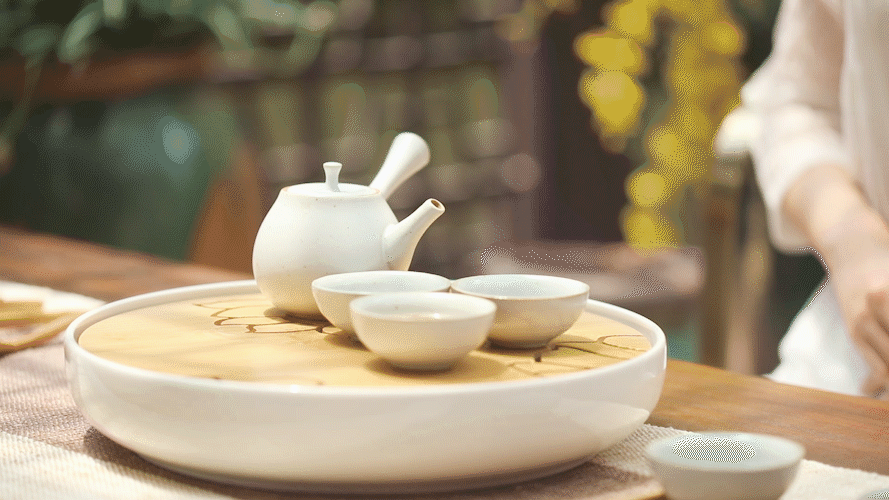
Lesson 24: Three Ways to Express Plural Nouns in Chinese

Unlike English which adds ‘s/-es’ or Indonesian which reduplicate the nouns, Chinese does not modify the nouns to express plural nouns in Chinese. So, how do Chinese turn a noun from singular into a plural? Let’s find out the answer here!
Use the number along with the counters
In Chinese, we use counters between the number and a noun to do the counting. We could say both ‘three cakes’ and ‘three pieces of cakes’ in English. However, we can only use 三块蛋糕 (sān kuài dàn gāo) [literally meaning: three pieces of cake] in Chinese. We have to use the cake counter, 块 (kuài). In fact, these counters are very specific to what is being counted. One of the most commonly used counters in Chinese is 个 (ge).
Structure: Number + Counter + Noun
Examples:
两 本 小 说。
Liǎng běn xiǎo shuō.
Two (volumes of) novel.
Note: we use 两 [liǎng] instead of 二 (èr) for counting.
三 杯 橙 汁。
Sān bēi chéng zhī.
Three (glasses of) orange juice.
十 辆 跑 车。
Shí liàng pǎo chē.
Ten (pieces of) sports car.
Note: 辆 [liàng] is a specific counter for wheeled vehicles.
Using quantifiers
Besides, we can also use ambiguous noun quantifier to express plurality, such as 一点 [yī diǎn] – a little, 一些 (yī xiē) – a few/some, 几 (jǐ) – several, and so on.
Structure: Quantifier + Noun
Examples:
这 是 我 的 一 点 心 意。
Zhè shì wǒ de yī diǎn xīn yì.
This is a little token for you.
我 有 一 些 想 法 要 告 诉 你。
Wǒ yǒu yī xiē xiǎng fǎ yào gào sù nǐ.
I have a few ideas to tell you.
老 师 请 几个 学 生 去 他 家里 吃 晚 饭。
Lǎo shī qǐng jǐ gè xué shēng qù tā jiā lǐ chī wǎn fàn.
The teacher invited several students to go to his house for dinner.
The Ultimate 们 (men)
Remember how to construct plural pronouns in Chinese? Attach the word 们 (men)! We can also add the suffix 们 (men) behind the noun, as in 人们 (rén men) – people, 学生们 (xué shēng men) – students, 朋友们 (péng yǒu men) – friends, etc.
Examples:
她 受 到 了 人 们 的 称 赞。
Tā shòu dào le rén men de chēng zàn.
She has been praised by people.
这 是 学 生 们 最 期 待 的 暑 假。
Zhè shì xué shēng men zuì qí dài de shǔ jià.
This is the summer vacation that students are most looking forward to.
他 特别 喜 欢 和 朋 友 们 一 起 去 郊 游。
Tā tè bié xǐ huān hé péng yǒu men yī qǐ qù jiāo yóu.
He really likes to go for outing with his friends.









